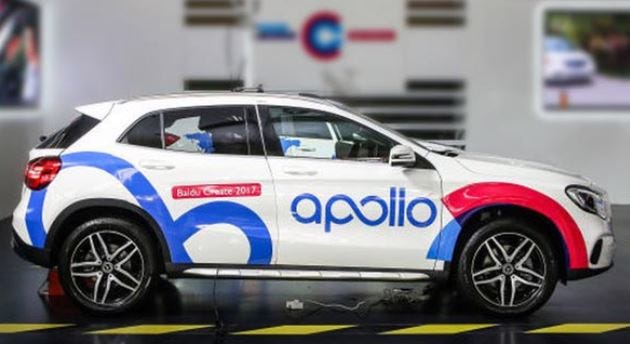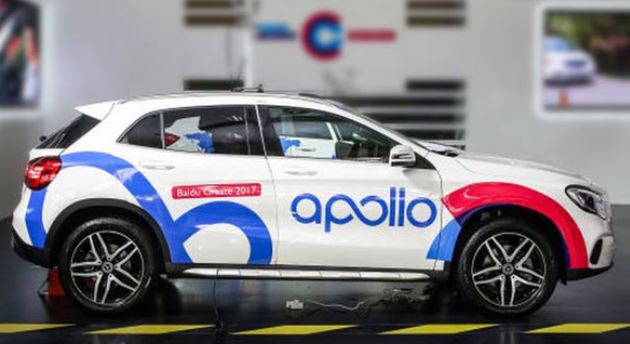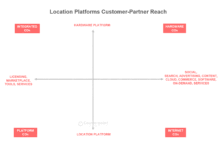The new rule also bans Chinese companies from testing self-driving cars on U.S. roads
Citing national security issues, the U.S. Commerce Department this week announced a final rule that bans the sale or import of connected vehicles. As part of the ruling, Chinese autonomous vehicle companies will be barred from testing self-driving cars on U.S. highways.
“Cars today aren’t just steel on wheels – they’re computers. They have cameras, microphones, GPS tracking, and other technologies that are connected to the internet. Through this rule, the Commerce Department is taking a necessary step to safeguard U.S. national security and protect Americans’ privacy by keeping foreign adversaries from manipulating these technologies to access sensitive or personal information,” said U.S. Secretary of Commerce Gina Raimondo, in a statement. “This is a targeted approach to ensure we keep PRC and Russian-manufactured technologies off American roads and protect our nation’s connected vehicle supply chains.”

The rule prohibits manufacturers with “a sufficient nexus to the PRC or Russia from selling new connected vehicles that incorporate VCS hardware or software or ADS software in the United States.” This rule also states that the vehicles are banned— even if the vehicle was manufactured in the United States.
Overall, the rules will take effect for Model Year 2027. “The hardware-related prohibitions will take effect for Model Year 2030, or January 1, 2029, for units without a model year,” the Commerce Department said.
Location Business News reported that there is growing national security concern over the data Chinese robotaxi firms are gathering in the United States through self-driving vehicles equipped with cameras, lidar, microphones and other sensors. Chinese-owned companies Pony.ai, WeRide, Didi Research America, Baidu‘s Apollo, and AutoX have logged more than 1.8 million miles in California.
Quectel Denies Link to Chinese Military
In related news, China-based Quectel Wireless Solutions said earlier this month that it is “prepared to defend itself and is open to full audits to get removed from the Pentagon’s advisory 1260H list.” The company, which makes GNSS and IoT modules, among other products, argues that it does not work with the military in any country, including China.
U.S. Department of Defense’s 1260H list restricts companies who are owned or controlled by the Chinese People’s Liberation Army or other components of the Chinese Communist Party. Another reason a company makes the list is that they allegedly contribute to the Chinese defense industrial base and provide commercial services, manufacturing, production, or export.
“We will take appropriate action to protect ourselves and our stakeholders. We are confident that we will be removed from the 1260H list,” said Norbert Muhrer, Quectel president and CSO, in a statement.



























